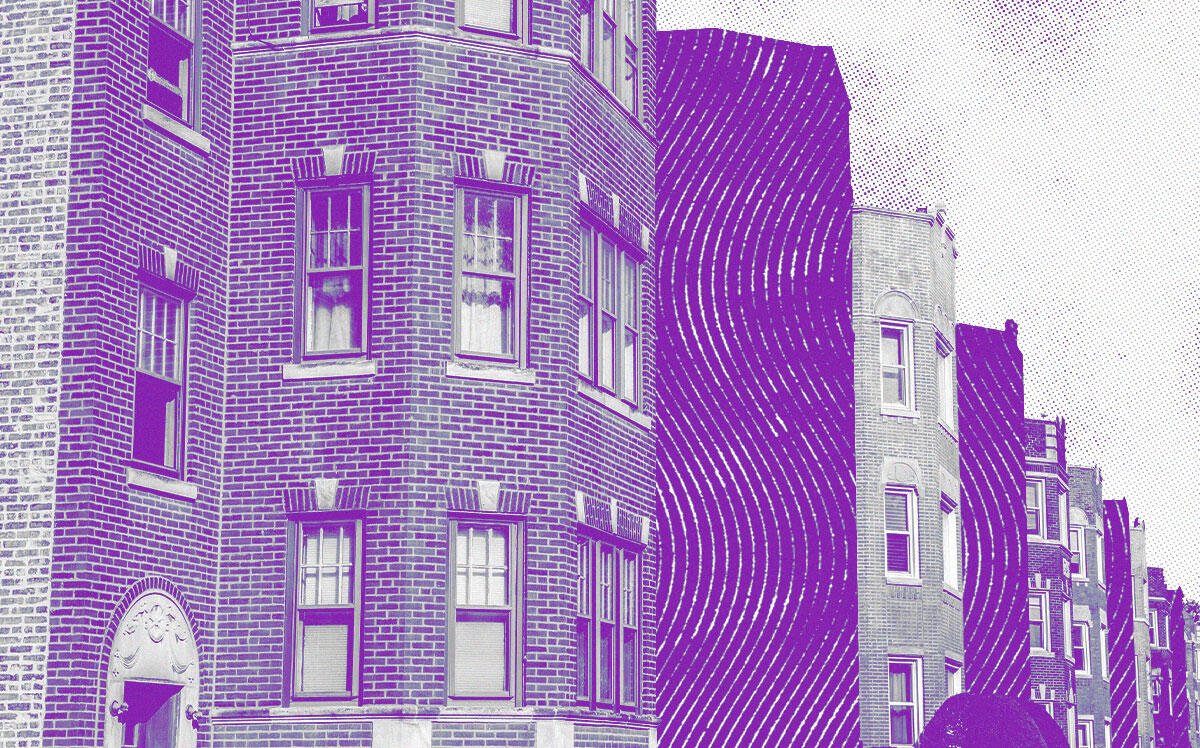Chicago’s two-, three- and four-flat buildings are dwindling amid the COVID-19 pandemic, and with it renters are losing a staple of the city’s affordable housing market.
A recent study from the American Bar Foundation and the University of Illinois Chicago found that some smaller building landlords — who had previously been flexible and accommodating for renters struggling to make ends meet — were tightening rental requirements or considering selling their buildings altogether, the Chicago Tribune reports.
The study found that independently-owned rental properties make up a substantial portion of the non-subsidized affordable housing market in the city. Historically, those landlords have accommodated tenants by limiting rent increases and offering flexibility on late payments, according to the study.
The researchers interviewed 51 Chicago landlords with small properties. Ten of those interviewed said they would raise rents and further screen tenants.
“When landlords take these shifts to more rigid approaches, they end up passing the risks of this crisis, the financial crisis, onto tenants,” researcher Allison Suppan Helmuth told the Chicago Tribune.
The most recent report matches a 2021 study from the Institute for Housing Studies at DePaul University that showed Chicago’s two-, three- and four-flats were disappearing and are typically replaced with a single-family residence or an empty lot, not additional rental housing, according to the Tribune.
“This sector of the rental market is really important because: one, it is more affordable, and two, there’s an understanding, somewhat supported by previous research, that landlords have these more flexible, lenient, tenant-friendly practices in this sector,” researcher Anna Reosti said.
Neighborhood Housing Services of Chicago, a nonprofit homeownership organization, is concerned with the study’s findings. The organization has been partnering with other community organizations to preserve and renovate two- and four-flats across Chicago.
Experts recommend formalizing a lease, which can help both tenants and landlords. Landlords told the researchers clearer guidance about rental assistance and stronger mortgage protections would have helped, the study found.
[Chicago Tribune] — Miranda Davis
Read more


